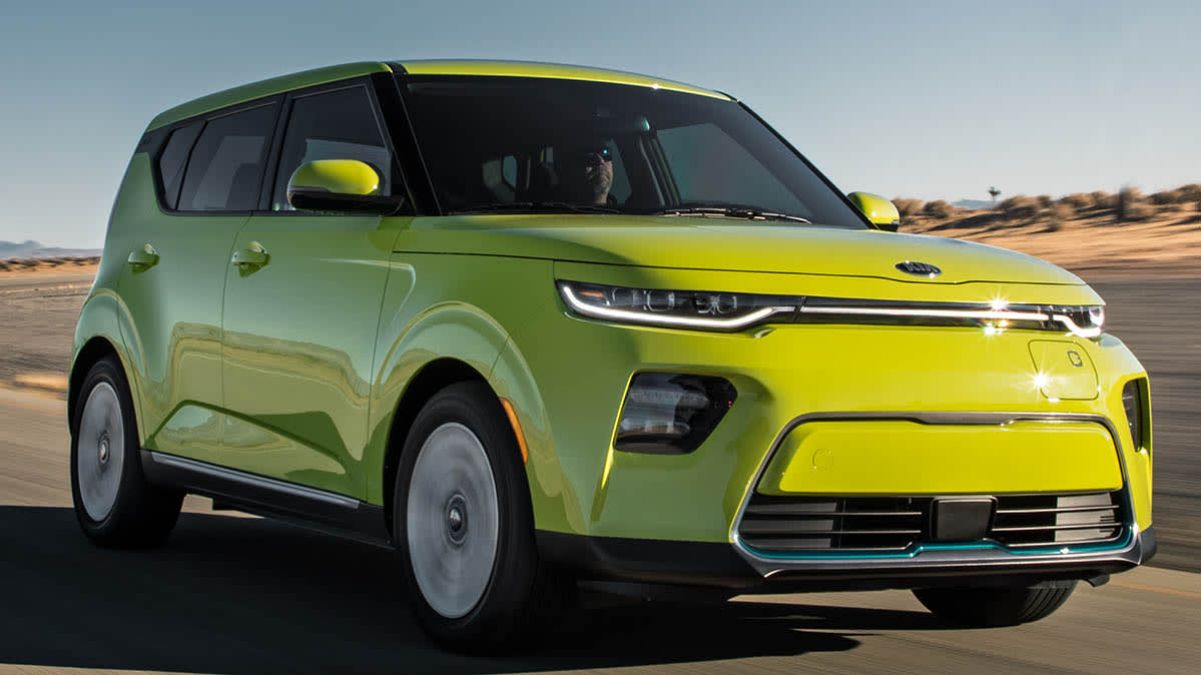
In view of the demand for vehicles, the fast-growing eco-friendly car companies are gearing up to launch their new vehicles. Hyundai has also recently launched its Kona Electric SUV. We think it's a side to push up consumption that can benefit the consumer and the environment. At the same time, the government and the local bodies also talk of a little bit of encouragement. Now, the government is looking to boost the consumption of electric vehicles for a moment. Let's know the full details
Several measures were proposed in the Budget 2019 by Union Finance Minister Nirmala Sitharaman, who is highly likely to increase demand for electric vehicles. After the announcement in the budget 2019, electric vehicles will be more affordable for the middle income group and salaried class people. Amid two major announcements regarding electric vehicles, FM Sitharaman has introduced an additional income tax deduction of up to Rs 1.5 lakh on loan interest for purchase of electric vehicles under the new Section 80EEB. It also proposes to reduce the rate of GST on electric vehicles from 12 to 5 per cent. This will give an effective benefit of about Rs 2.5 lakh to the tax payer who will take a loan to buy electric vehicles.
For your information, Minister of State for Heavy Industries And Public Enterprises Arjun Singh Meghwal has made it clear last week that the government intends to promote commercial electric vehicles at the moment and only the owners of these vehicles will be given the benefit of incentive. Be it a bike, a car, a truck, a bus or an e-rickshaw. How much it will be to buy electric vehicles for private use will be known in the near days to come. The speech during the budget clearly saw that the main objective behind encouraging electric vehicles is to provide affordable and eco-friendly public transport options for the common man, but if the government will only encourage commercial electric vehicles. So adopting electric vehicles for personal use can be quite difficult. As per budget 2019, only advanced-battery-operated and registered e-vehicles are to be promoted rapidly and promoted under the Manufacturing (Hybrid and Electric) Vehicles (FAME) scheme. The second phase of FAME has an outlay of Rs 10,000 crore for a three-year period, which has started from April 01, 2019.
How much is the Renault Triber is different from Maruti Swift, know the comparison